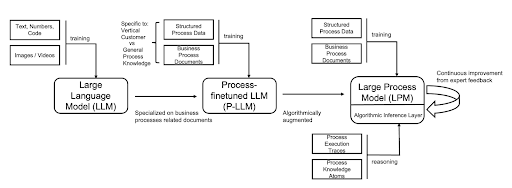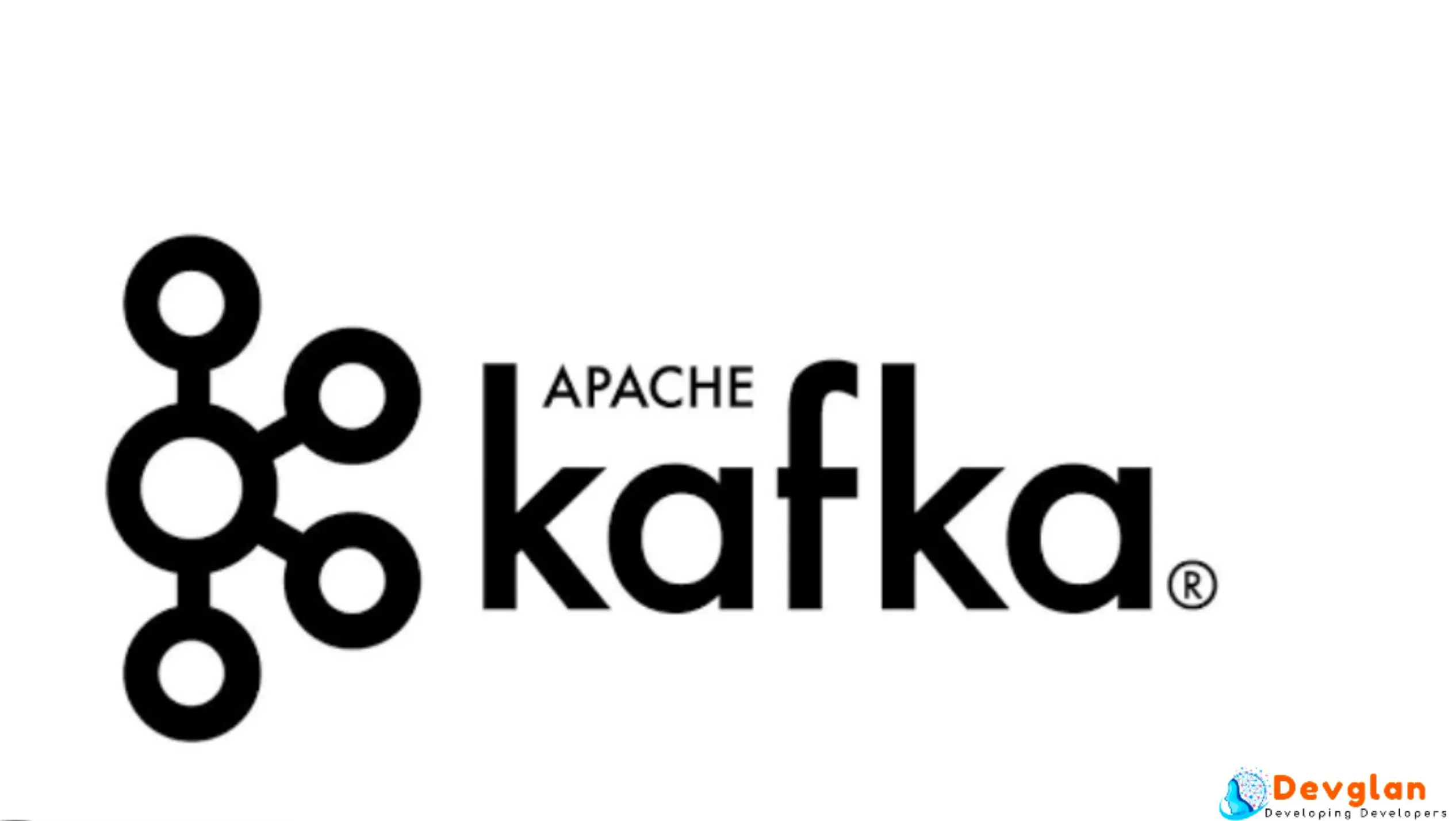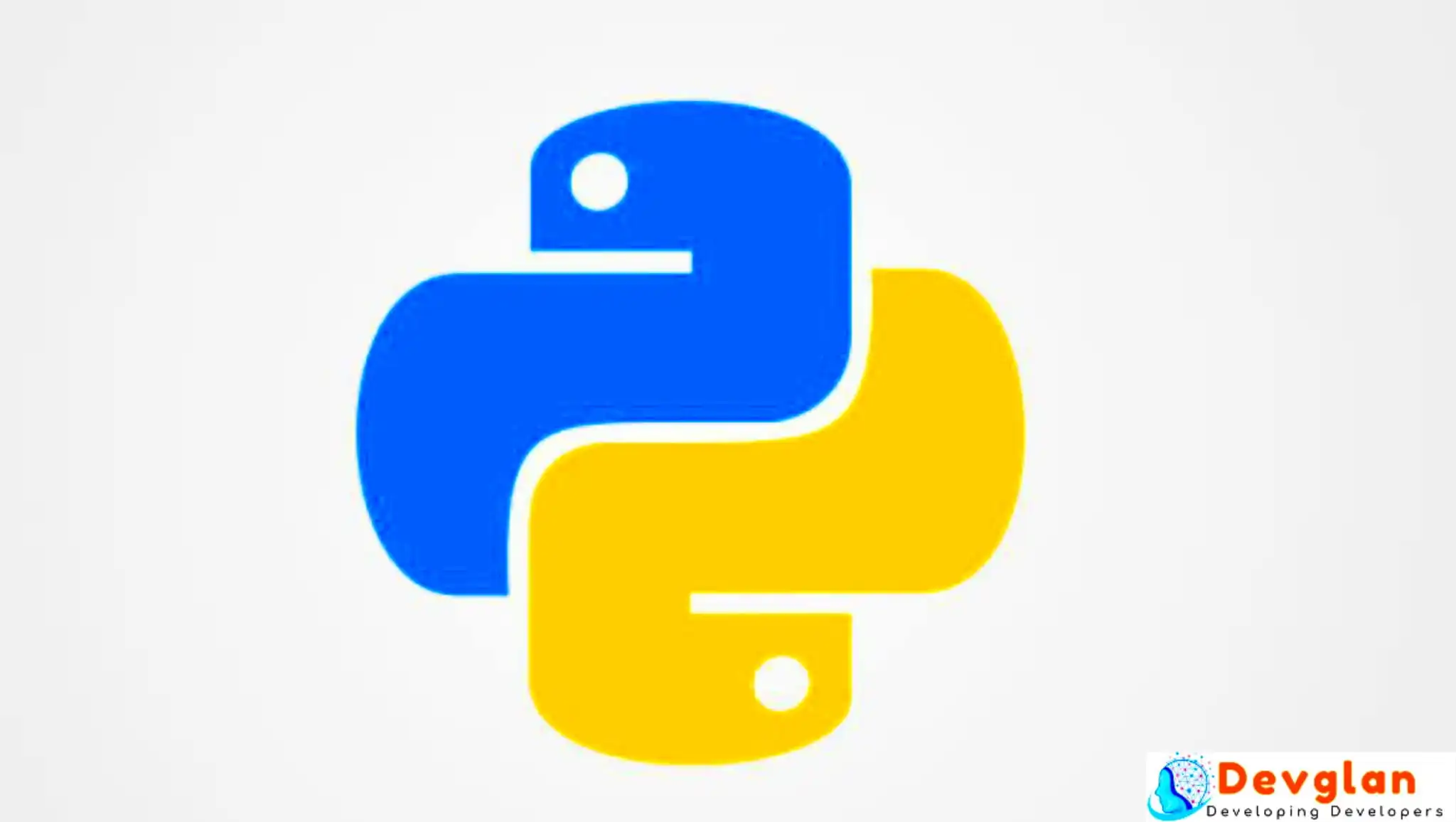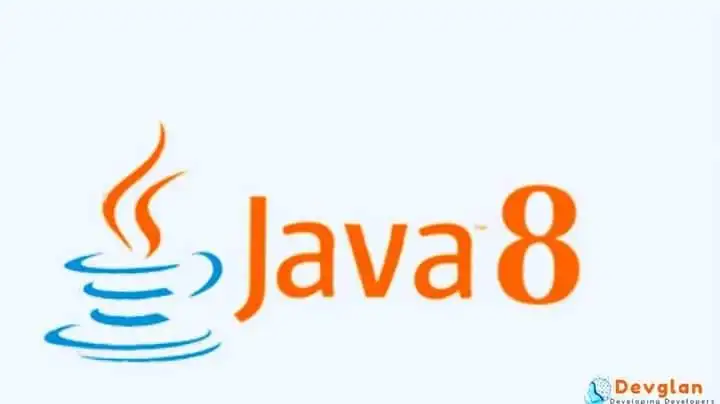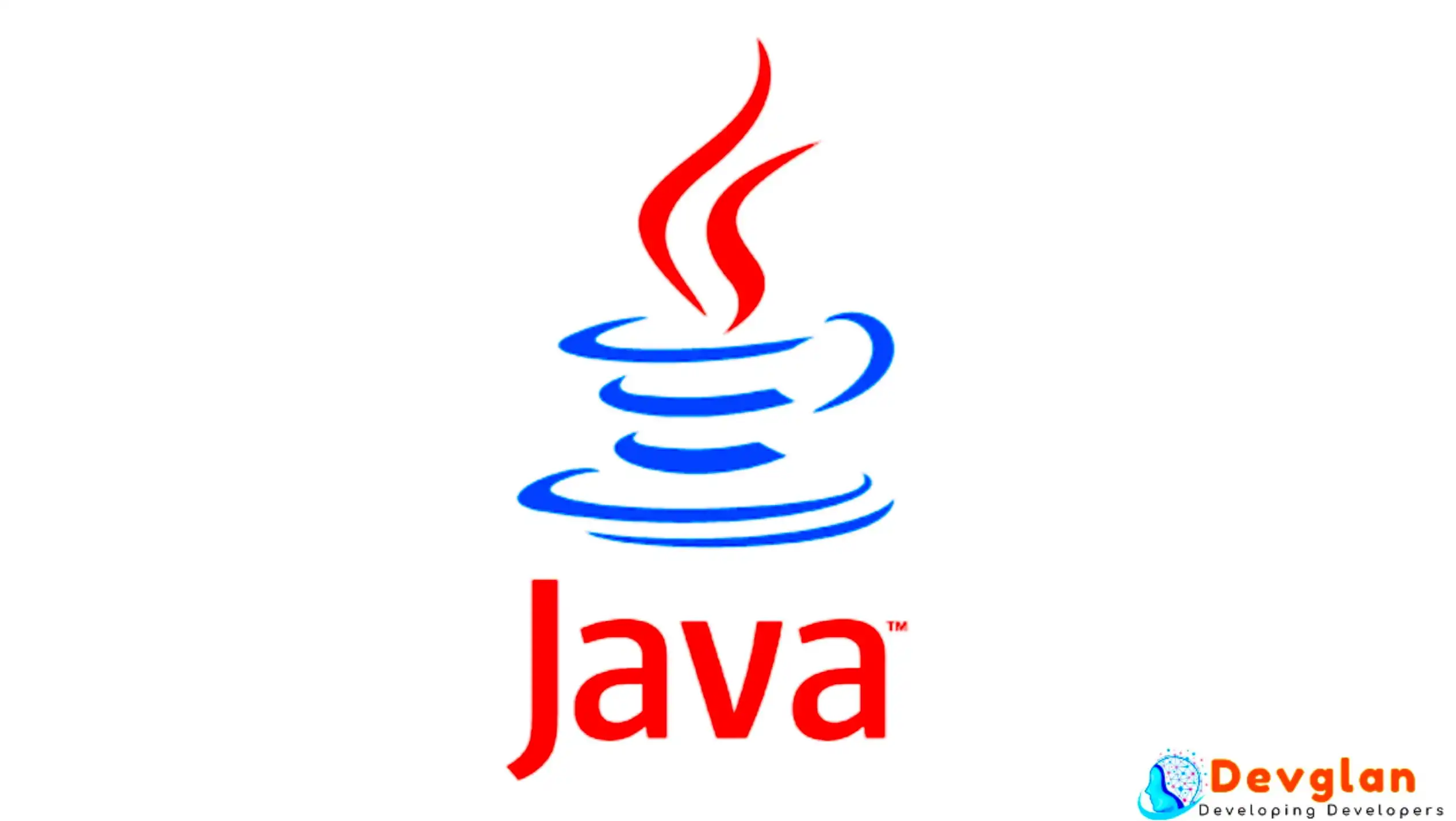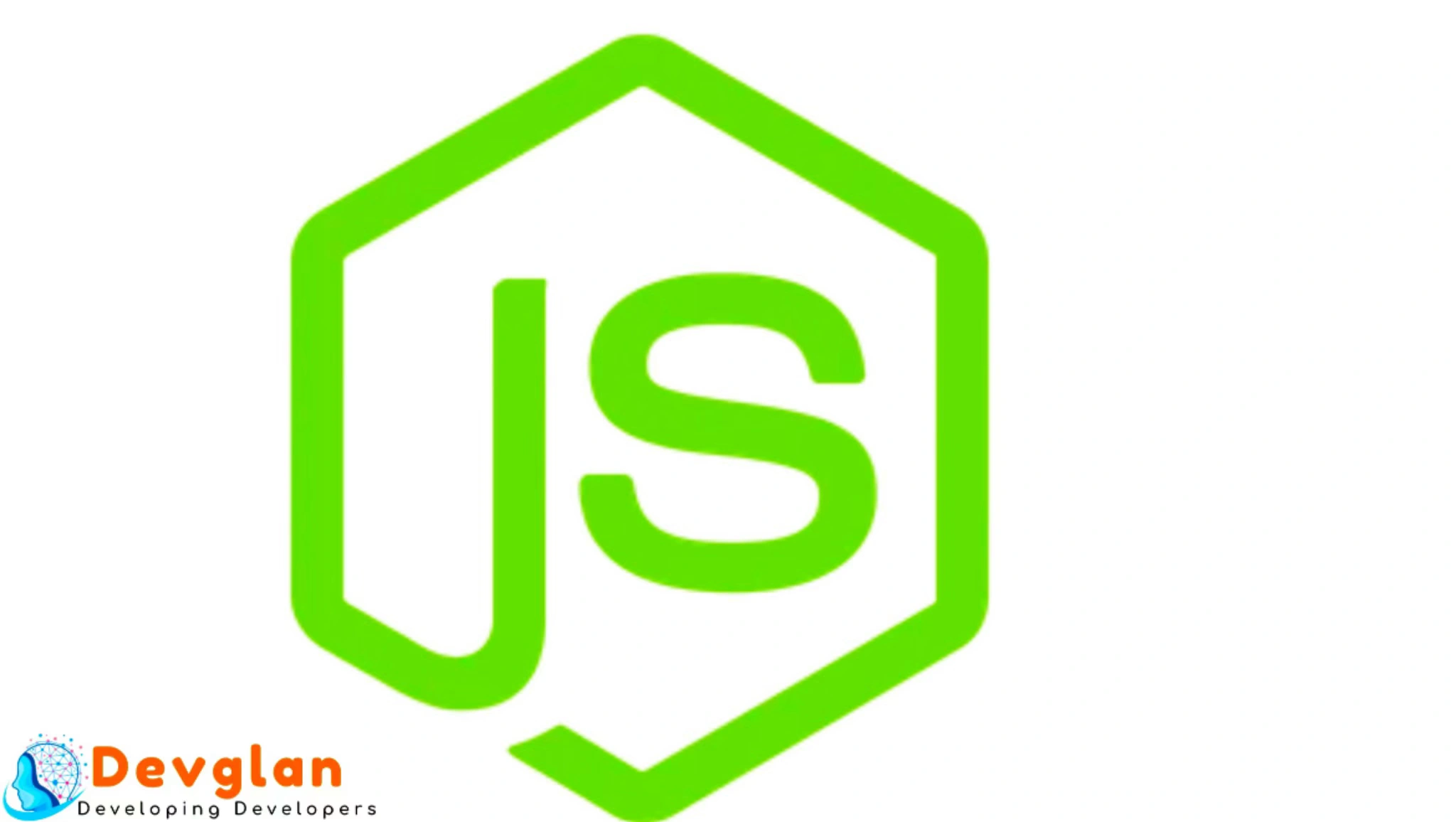The use of artificial intelligence into company operations is progressing quickly, changing the way activities are carried out and increasing productivity. The big language model, which provides advanced capabilities to automate and improve numerous business processes, is the foundation of this transition.
Understanding Large Language Models
LLMs are a breed of deep AI platforms developed to process and generate human-like text through contextual understanding based on large tidbits of data. These models apply NLP and deep learning techniques to enhance predictive capabilities over time, hence becoming irreplaceable in almost all business functions.
Automation of Routine Tasks
The various automation capabilities of LLMs in performing mundane tasks traditionally involving human input multiply efficiency by orders of magnitude:
-
Customer Support: Automate the response to frequent customer questions so that less time and resources by human agents are involved, while saving efforts for more complex cases.
-
Document Processing: Analyze and process large batches of documents, such as financial reports or legal contracts, at very high speed with a high degree of accuracy.
Decision Making and Data Analysis
LLMs analyze vast datasets to support business decisions, providing insights that are not easily discernible through manual methods:
-
Market Trend Analysis: Ability to sift through a lot of market data in skimming mode to identify trends or consumer behavior.
-
Risk Management:It involves assessing risks based on subtle variations in data that might show a potential problem.
Issues in the Implementing of LLMs
While the advantages are not insignificant, the LLMs implementation is not devoid of issues:
-
Integration complexity: Technological costs and difficulties can arise while integrating the LLMs into the current IT infrastructure.
-
Other ethical issues include data privacy, AI-bias, and ethical decision-making; failure to address these can lead to reputational loss.
Future Prospects
There will be many more uses for LLMs in the future, all of which will be much more valuable in terms of business effectiveness:
-
Personalized Marketing: By analyzing consumer data, LLMs are able to create customized marketing messages.
-
Innovative Customer Contact: Using chatbots and virtual assistants that anticipate and comprehend a customer's requirements, firms may engage with their customers in novel and creative ways.
Frequently Asked Questions
Q1: What does Large Language Models mean?
A1: LLMs are AI models that process and generate text by understanding the context within huge data sets. They are built on NLP and machine learning technologies.
Q2: How do LLMs enhance productivity in business?
A2: With the automation of routine tasks, doing large-scale data analysis, and informing complex decision-making, LLMs free human resources for more strategic tasks.
Q3: What are the major obstacles to the implementation of LLMs in business?
A3: Often prohibitively costly to integrate into existing systems, but there are also significant ethical issues to overcome with regard to data privacy and AI bias.
Q4: What is the future of LLM applications in business?
A4: The scope of applications would keep increasing. As technology improves, application areas will include more personalized marketing strategies and customer interaction models.
Q5: Will the LLMs completely compete with human roles within the businesses?
A5: Even with great automation, LLM is not going to replace fully but complement human capabilities to focus on more strategic and creative tasks.
Want to revolutionize your business with advanced artificial intelligence technology? EvaCodes - llm development company that offers expert services to create and integrate large language models designed to improve the efficiency of your business operations. Learn how their customized AI solutions can automate your processes, increase productivity, and transform customer interactions. Explore EvaCodes' diverse offerings and take the next step toward digital excellence with our expert consulting and support services.
Conclusion
LLMS democratizes the limit of business productivity by automating routine tasks and enabling deep insights of analysis-allowing businesses to pay attention to innovation and strategic growth. With every advancement in improvements, more applications for LLMs will result in continued revolution in business processes across all industries.

